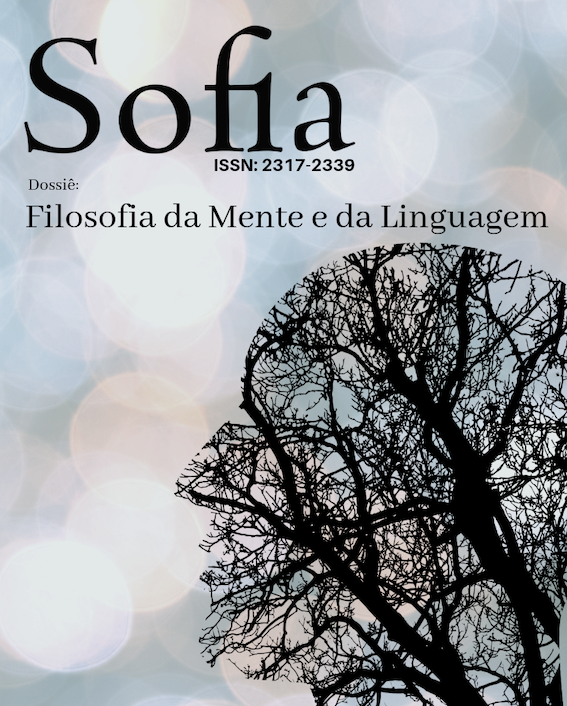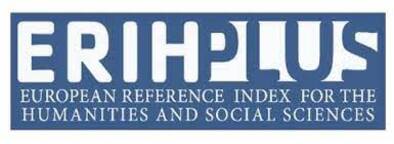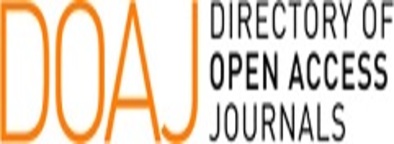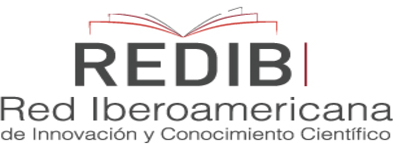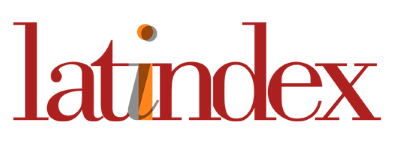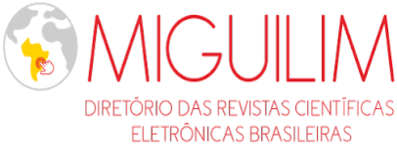A critical approach to sensorimotor contingency theory: brain as agent and conscious mind as a guide of action
DOI :
https://doi.org/10.47456/sofia.v8i1.23686Résumé
I present and consider critically O'Regan and Noë's sensorimotor contingency theory, proposed as an alternative to solve the explanatory gap problem. I start with the criticism that these authors address the current conception of representation, according to which conscious experiences are representations of the external world produced by the brain. Afterward, I summarize the way the sensorimotor contingency theory addresses the problem of the explanatory gap, explaining the existence, form, and content of visual consciousness in terms of an "exploratory activity" mediated by sensorimotor contingency laws. Finally, in agreement with criticisms addressed to O'Regan and Noë's solution, I propose a way to face the problem of the explanatory gap, which, recognizing the relevance of the body and the external environment to the existence, form and content of visual consciousness, but privileging the role of the brain as an organ of visual consciousness, and as an agent who uses visual consciousness as a guide to initiate and maintain embodied and situated adaptive actions in the world.
Téléchargements
Téléchargements
Publiée
Comment citer
Numéro
Rubrique
Licence
© Jonas Gonçalves Coelho 2019

Ce travail est disponible sous la licence Creative Commons Attribution 4.0 International .
Dada a política de acesso público da revista, o uso dos textos publicados é gratuito, com a obrigação de reconhecer a autoria original e a primeira publicação nesta revista. Os autores das contribuições publicadas são inteiramente e exclusivamente responsáveis por seus conteúdos.
I Os autores autorizam a publicação do artigo nesta revista.
II Os autores garantem que a contribuição é original e assumem total responsabilidade pelo seu conteúdo em caso de impugnação por terceiros.
III Os autores garantem que a contribuição não está sob avaliação em outra revista.
IV Os autores mantêm os direitos autorais e concedem à revista o direito de primeira publicação, sendo o trabalho licenciado sob uma Licença Creative Commons Atribuição-BY.
V Os autores são autorizados e incentivados a divulgar e distribuir seu trabalho on-line após a publicação na revista.
VI Os autores dos trabalhos aprovados autorizam a revista a distribuir seu conteúdo, após a publicação, para reprodução em índices de conteúdo, bibliotecas virtuais e similares.
VII Os editores reservam o direito de fazer ajustes no texto e adequar o artigo às normas editoriais da revista.

